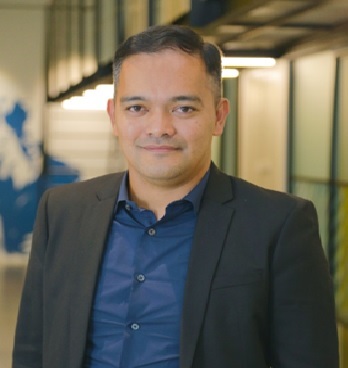Class 22 (2023-2025)

Patrick Henry Asiñero, Philippines
Duke University – Master in International Development Policy
Marginalized Young People | Participatory Governance | Inclusive Development | Shock-Responsive Social Protection | Collaborative and Adaptive Leadership
Patrick holds a Master in Development Management from the Asian Institute of Management and a BA in History from the Mindanao State University in the Philippines. He has also received postgraduate certificates in “Cultural Citizens and Civic Engagement” from the Northern Illinois University in DeKalb, USA, and “Indigenous Youth, Human Rights, and Advocacy” from the University of New South Wales in Sydney, Australia. His desire for sustainable peace, democratic governance, and inclusive development is anchored on his diverse experiences growing-up in the conflict and poverty-stricken communities of Mindanao, the Philippines, and his multicultural background – a child of an Indigenous mom and a Christian dad. In his spare time, he enjoys mountain trekking, swimming, and backpacking to explore nature or a new culture.
Championing rights-based and shock-responsive social policies and participatory governance for marginalized young people, he recently worked as Social Policy Lead Officer at UNICEF Philippines for the newly established Bangsamoro Autonomous Government in Muslim Mindanao. Previously, he performed as Senior Manager for Plan International’s USAID-funded “Marawi Response Project,” and Konrad Adenauer Stiftung’s European Union co-funded “Local Government Integrity Circles” – collaborative platforms among local governments, civil society, and business organizations for integrity-building in the Philippines. While stationed at the UN Office in Nairobi, Kenya, he was the Program Officer (UN Volunteer) of UNESCO’s Regional Youth Programming that advanced youth empowerment and development in the countries of Kenya, Uganda, Rwanda, and Somalia in 2013.
By joining the MIDP program, Patrick hopes to ground himself in analyzing the intersection of conflict transformation, policymaking, inequality, and human (children and youth) rights. Eventually, he plans to continue advancing the critical role of marginalized young people in having inclusive governance and shock-responsive social protection in fragile and post-conflict communities.